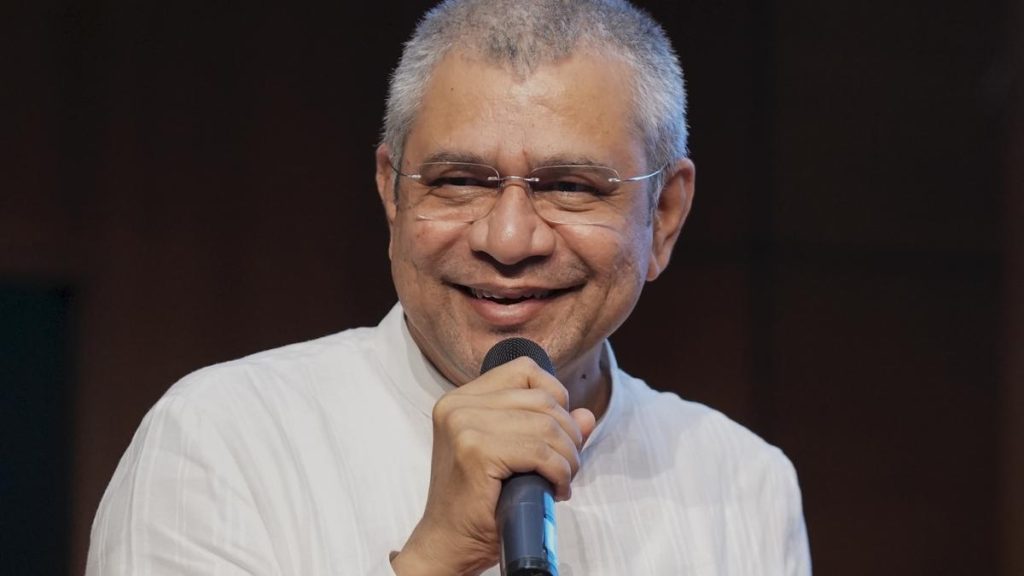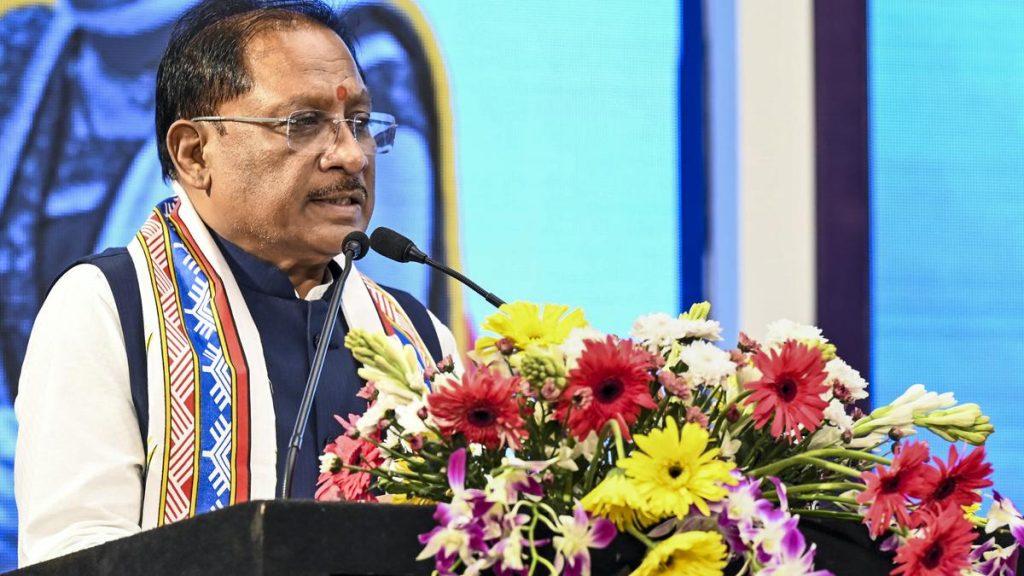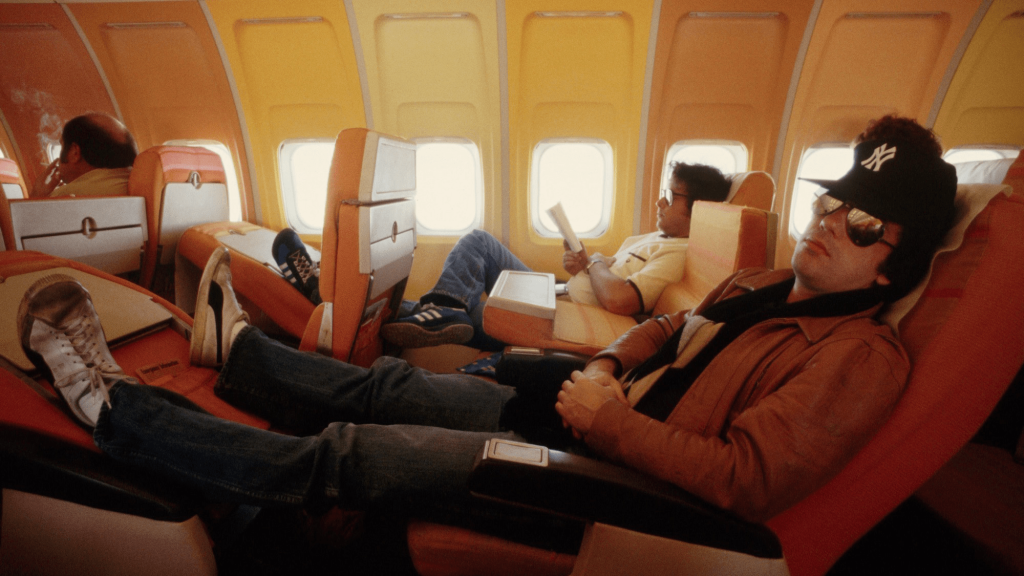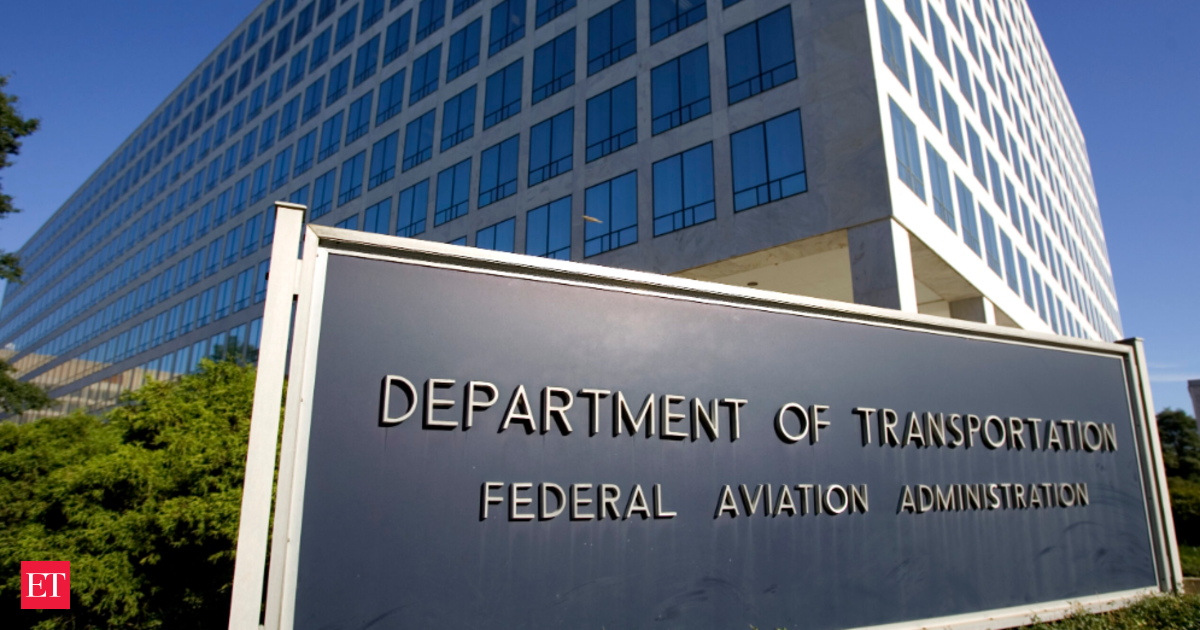Now Reading: India Raises Concern Over Bias in EU Airport Slot Allocations
-
01
India Raises Concern Over Bias in EU Airport Slot Allocations
India Raises Concern Over Bias in EU Airport Slot Allocations
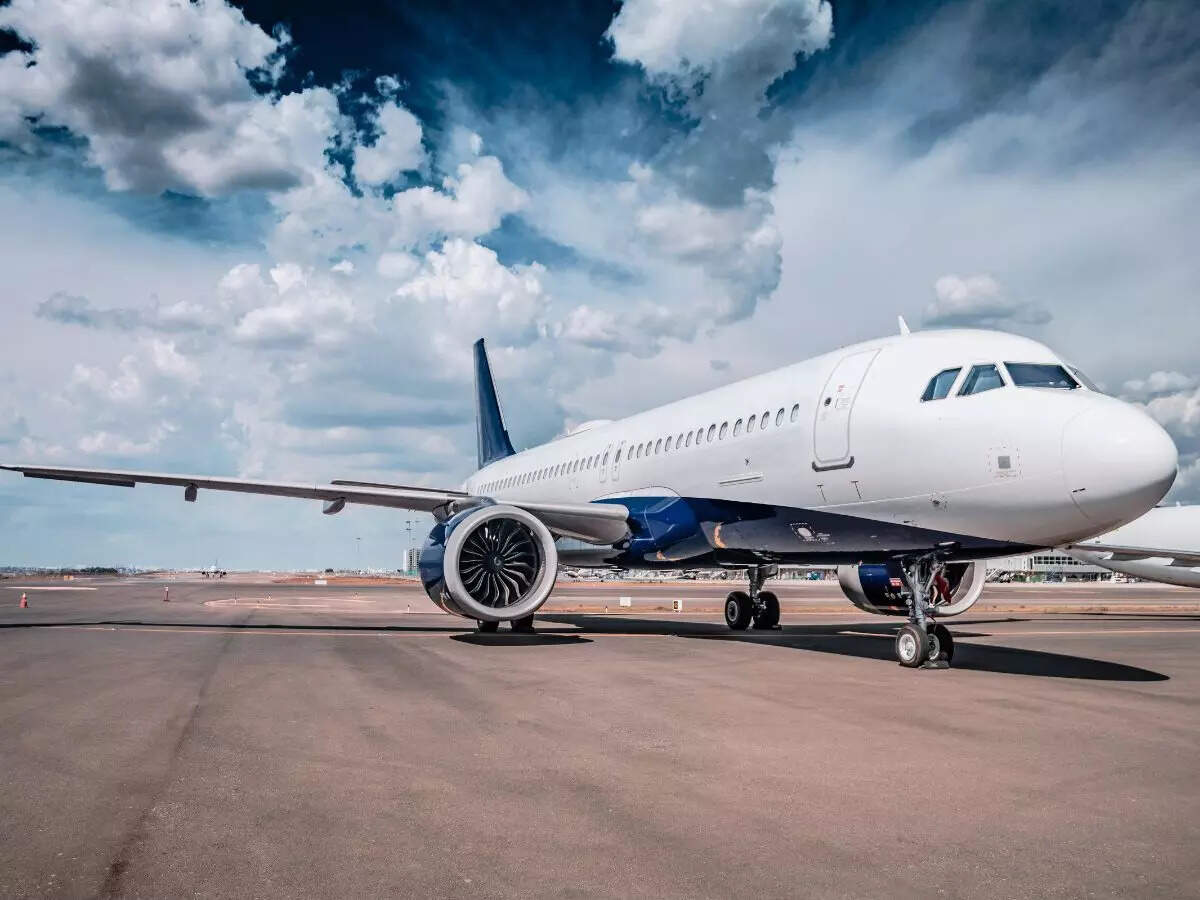
Quick Summary
- India has submitted a working paper to the International Civil Aviation Organization (ICAO) seeking equitable access to airport slots at key European hubs.
- Current slot allocation practices, including “grandfather rights,” favor legacy carriers and disadvantage airlines from developing countries like India.
- India’s working paper highlights challenges such as night curfews and capacity restrictions that hinder Indian carriers’ market access in Europe.
- At airports like London Heathrow, Amsterdam, and Paris, slots are allocated based on usage guidelines requiring airlines to utilize their slot 80% of the time each season. Though, this system limits opportunities for new players.
- The issue is notably significant as Indian airlines like IndiGo and Air India are rapidly expanding international routes but face obstacles in securing viable slots at these congested airports.
- Specific grievances include restrictions forcing Indian airlines to use secondary airports in London despite reciprocal bilateral agreements that allow UK airlines unrestricted access to Heathrow Airport.
- IndiGo’s winter schedule for flights into Amsterdam remains uncertain due to impending caps on flight movements by the Dutch government aimed at reducing noise pollution.
- Developed nations’ policies are seen as creating inequality since while countries like India invest heavily in infrastructure expansion,developed nations reduce operational capacity at major hubs.
Indian Opinion Analysis
India’s appeal for balanced access to coveted airport slots underscores broader concerns about global aviation inequities where legacy systems benefit established players from developed nations over emerging markets. By raising this issue internationally through ICAO, India challenges deeply entrenched practices favoring incumbents-such as “grandfather rights” which perpetuate slot monopolization-and urges transparency in aviation agreements.
The scenario reflects asymmetrical trade-offs; while some European governments cap flight movements citing local concerns like noise reduction or capacity limits,these policies indirectly restrict competition by limiting entry points for developing economies attempting fair participation within high-demand sectors.
This debate has wider implications not just for Indian carriers but possibly other developing countries with growing aviation industries-questioning whether ICAO can modernize regulations ensuring unbiased growth across regions while maintaining operational balance globally.




